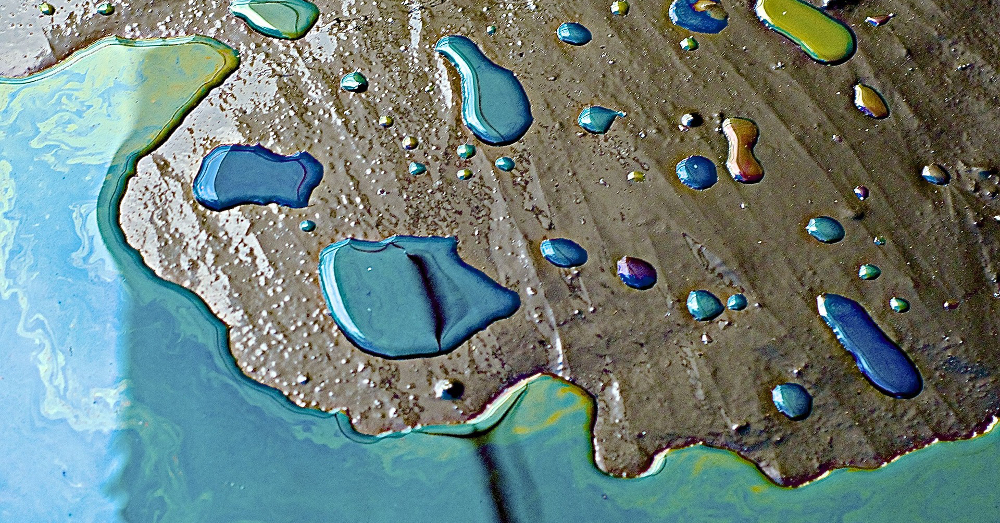
Monsanto Fails to Shake City of San Diego in Water Pollution Lawsuit
The city of San Diego recently cleared a major legal hurdle in its effort to force chemical giant Monsanto to pay tens of millions to clean up local waterways polluted with a class of cancer-linked chemicals, known as polychlorinated biphenyls, or PCBs.
Federal and state regulators have in recent years tightened standards for cleaning up PCBs in bays, rivers and creeks. As a result, municipalities, such as San Diego, have shelled out millions to contain or get rid of the toxins.
November 28, 2017 | Source: The San Diego Union-Tribune | by Joshua Emerson Smith
The city of San Diego recently cleared a major legal hurdle in its effort to force chemical giant Monsanto to pay tens of millions to clean up local waterways polluted with a class of cancer-linked chemicals, known as polychlorinated biphenyls, or PCBs.
Federal and state regulators have in recent years tightened standards for cleaning up PCBs in bays, rivers and creeks. As a result, municipalities, such as San Diego, have shelled out millions to contain or get rid of the toxins.
The lawsuit, brought by the city in 2015, alleges that the St. Louis-based corporation should bear at least part of that cost. Lawyers for the city contend that Monsanto knew for decades before the federal government banned PCBs in 1979 that the chemicals would result in widespread contamination and negative impacts to human and environmental health.
The company has maintained that it scaled back and then completely stopped making the PCBs as information came to light about their hazardous effects. The company produced the chemicals in the United States from 1929 to 1977.
The case hinges on a novel legal strategy that could have widespread implications for corporate America. A law firm representing the city, Baron & Budd, has also brought similar lawsuits on behalf of a number of other municipalities, including Long Beach, San Jose, Berkeley, Oakland, Portland, as well as Seattle and Spokane, Wash.
“We’re just excited to move towards trial on all the cases,” said John Fiske, an attorney with the legal team working on the cases. “We want to try as many of these as possible because we think that’s where we’ll receive the most justice for the taxpayers and the ratepayers who will be bearing the cost of removing PCBs.”
Monsanto made motions to dismiss in nearly all the cases.
The motions rested heavily on a technical argument that a municipality had no legal standing to bring a public nuisance claim against the company.
U.S. District Court Judge William Hayes in San Diego denied the corporation’s motion last week, following a string of similar decisions up and down the West Coast.
